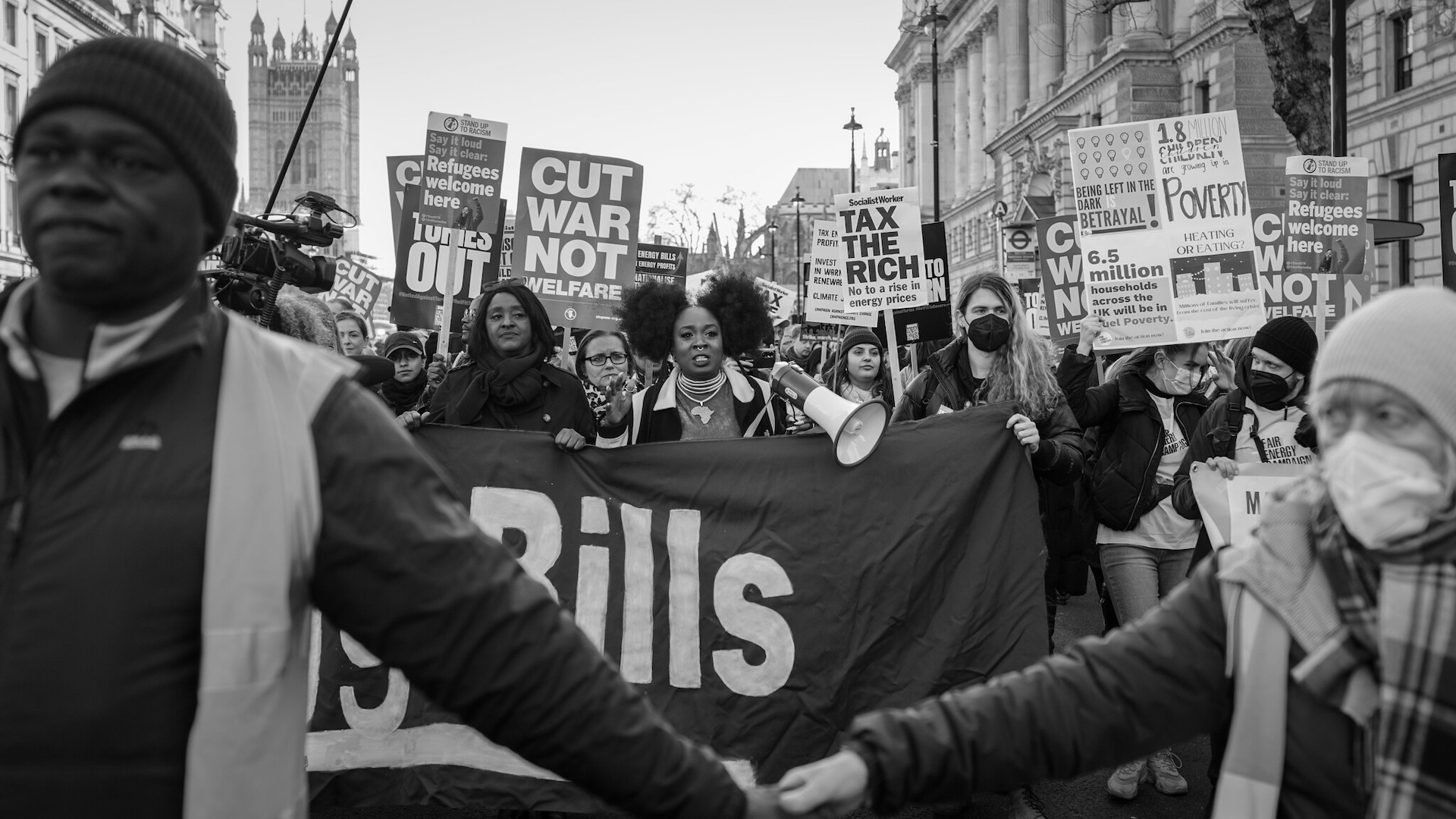Andrew Carter, chief executive of Centre for Cities, said: “Both the two main political parties have pledged to grow the economy and the general election debate will have growth at its heart. The challenge for the next government is to go beyond the rhetoric and to do what’s needed to make this rhetoric a reality.
“The UK has had a torrid time since the Great Recession. Everywhere, up and down the country, including places that were doing relatively well before, has been levelled down because of the lack of growth. To get growth in every place, the next government needs to act at a radically different pace and scale.”
The government published the Levelling Up White Paper in early 2022, but the Centre for Cities warns that “it has left a lot of work to be done for whoever wins the next election”.
Almost all cities in the UK have experienced a jobs boom. By 2022, there were 4.6 million extra jobs in the UK than there were in 2010, considerably more than the 2.5 million created between 1998 and 2010.
But that has not been accompanied by increased productivity – which Centre for Cities claims is the key driver of higher wages. Productivity essentially means you get more from the work that is put in. Both Labour and the Conservatives have talked about wanting to build a more productive workforce.
Keir Starmer has said: “The defining purpose of the next Labour government, the mission that stands above all others, will be raising Britain’s productivity growth. A goal that for my Labour Party will be an obsession. That’s a big change for us.”
Advertising helps fund Big Issue’s mission to end poverty
Of course, another key driver of higher wages is quite simply employers paying their workforce better, which research shows can induce a more productive workforce in turn.
Housing costs have increased in most places, eating into disposable incomes. The steepest rises in have been in places such as Cambridge, London and Brighton – where property and rental prices were already high.
This research proves that people are getting poorer, and it’s the people who were already struggling who have been hit the hardest. As recently as 2014, there were no cities where more than a third of children were living in poverty.
In 2021, there were six cities, all in the North and the Midlands, where one in three children faced poverty. In Birmingham, there was an increase of 60,000 children living in relative poverty over that period.
The Centre for Cities is calling for change to boost the economy – an actual levelling up of the country. Carter said: “The first step in a realistic approach to grow the economy is to recognise that the British economy is an urban economy. Cities account for nine per cent of the land and over 60% of the economy, as well as 72% of high skilled jobs.
“Their slowdown is at the heart of why the national economy is struggling. There is no plausible way of achieving higher growth without increasing the innovation and dynamism of urban Britain.
Advertising helps fund Big Issue’s mission to end poverty
“This means reforming the planning system to enable cities to grow, devolving more powers and financial freedoms to encourage our big cities to make decisions that support growth, and following the levelling up rhetoric with bold actions.”
Get the latest news and insight into how the Big Issue magazine is made by signing up for the Inside Big Issue newsletter
Do you have a story to tell or opinions to share about this? We want to hear from you. Get in touch and tell us more.









